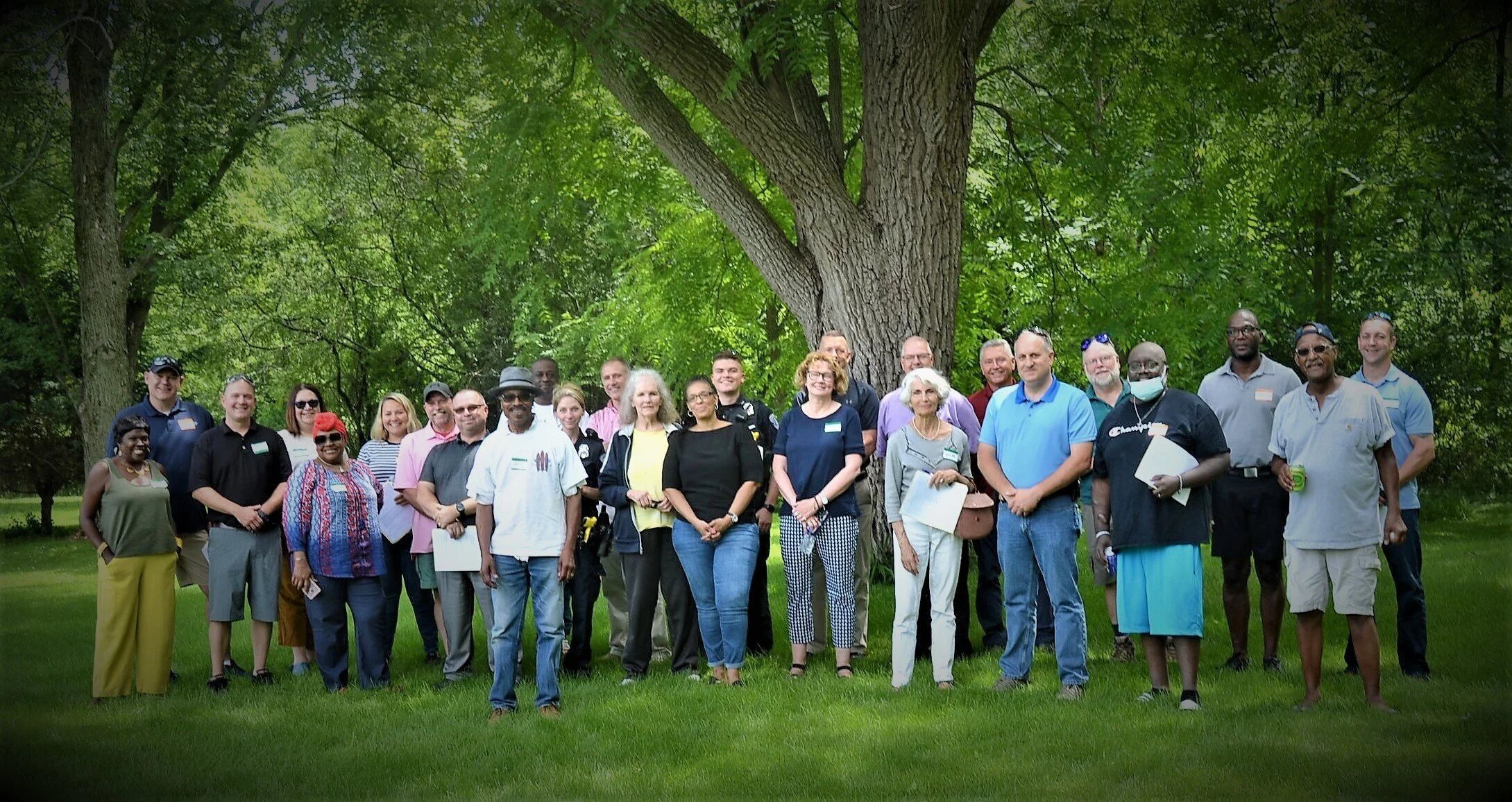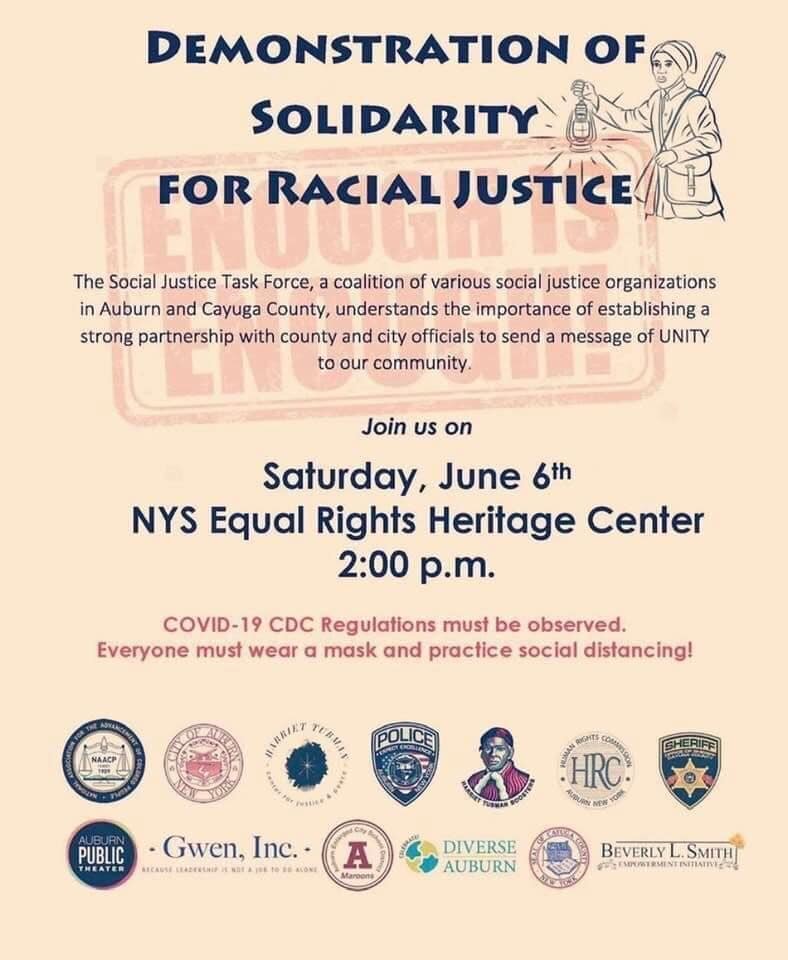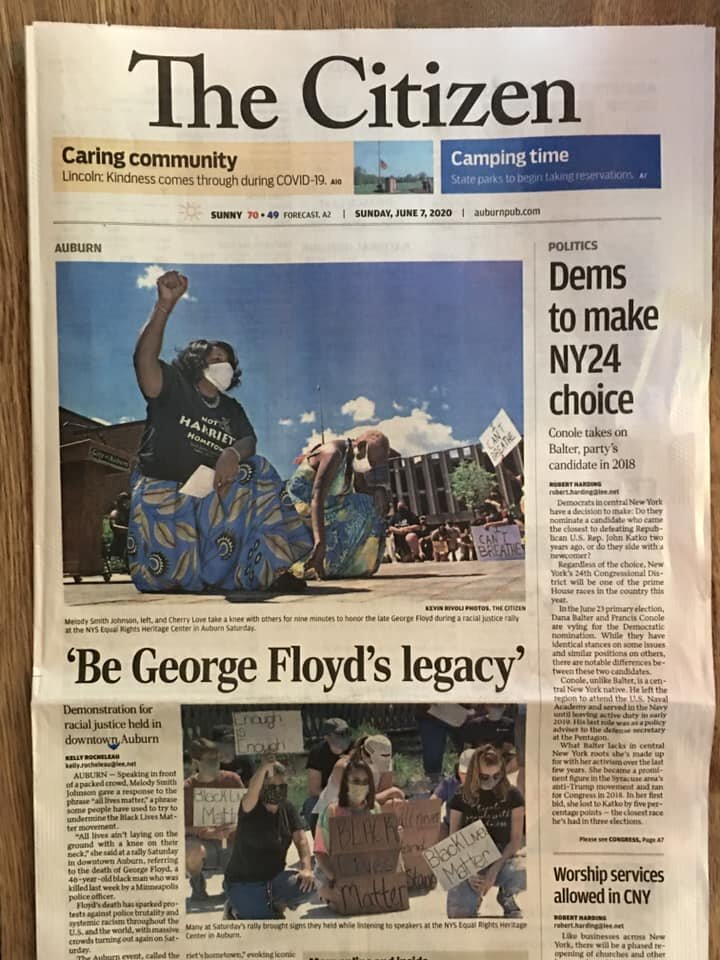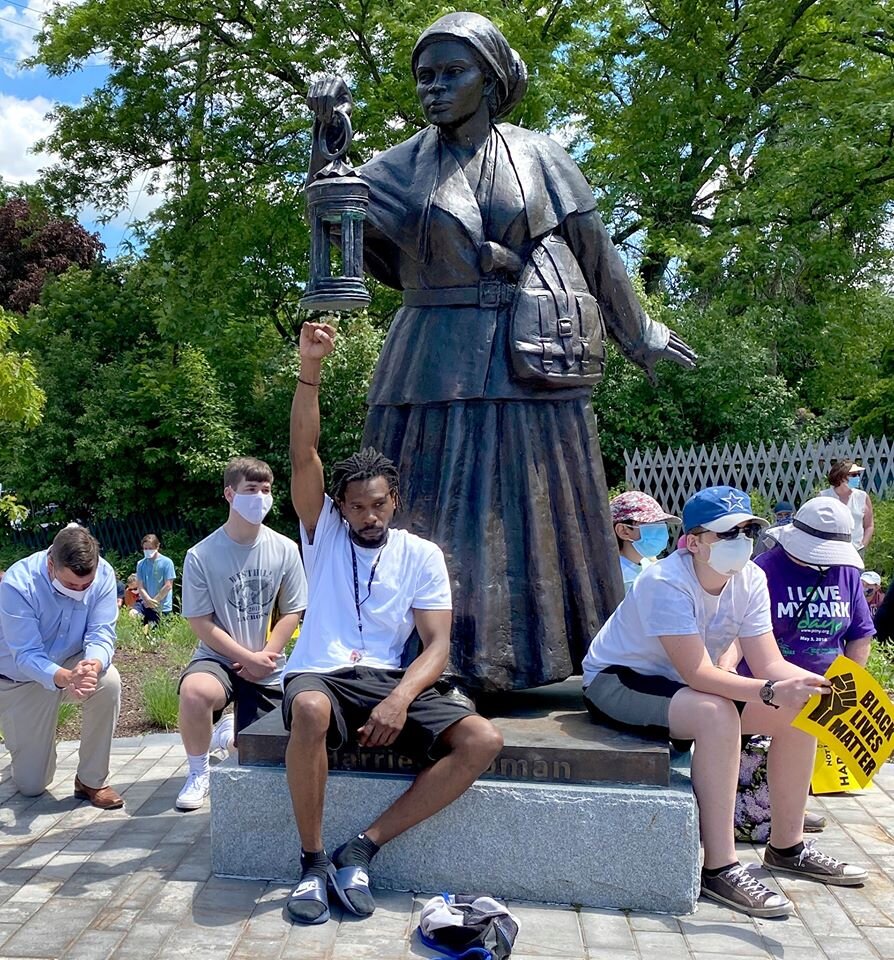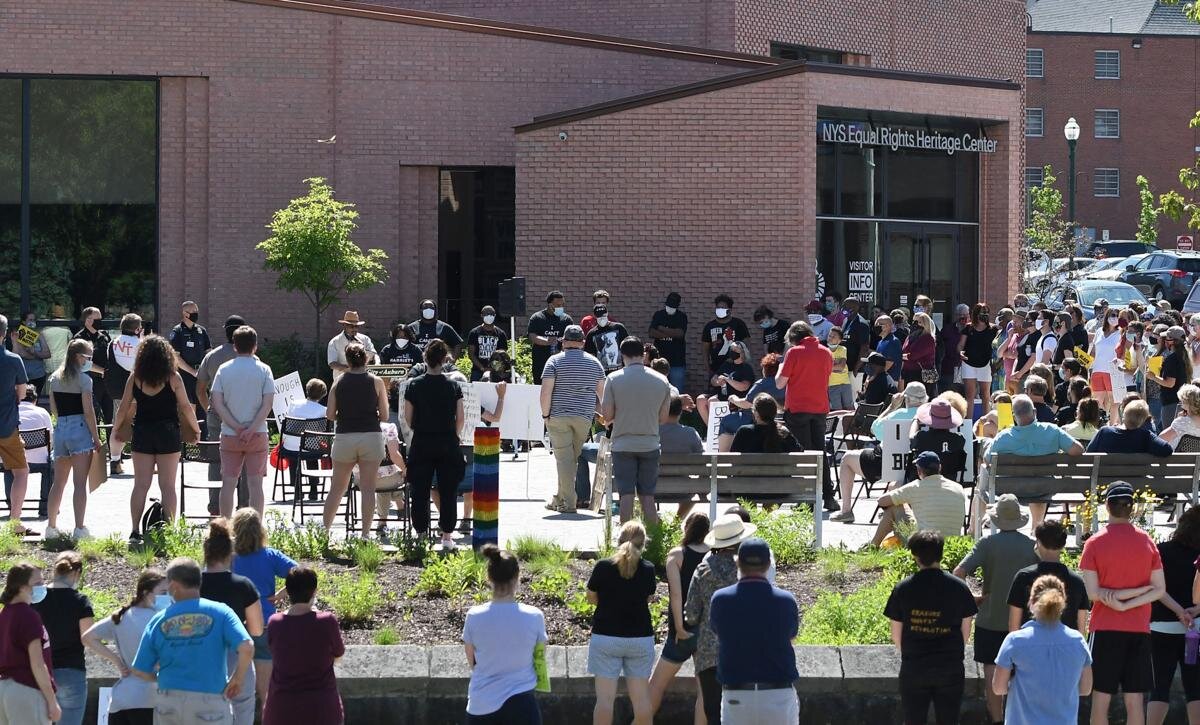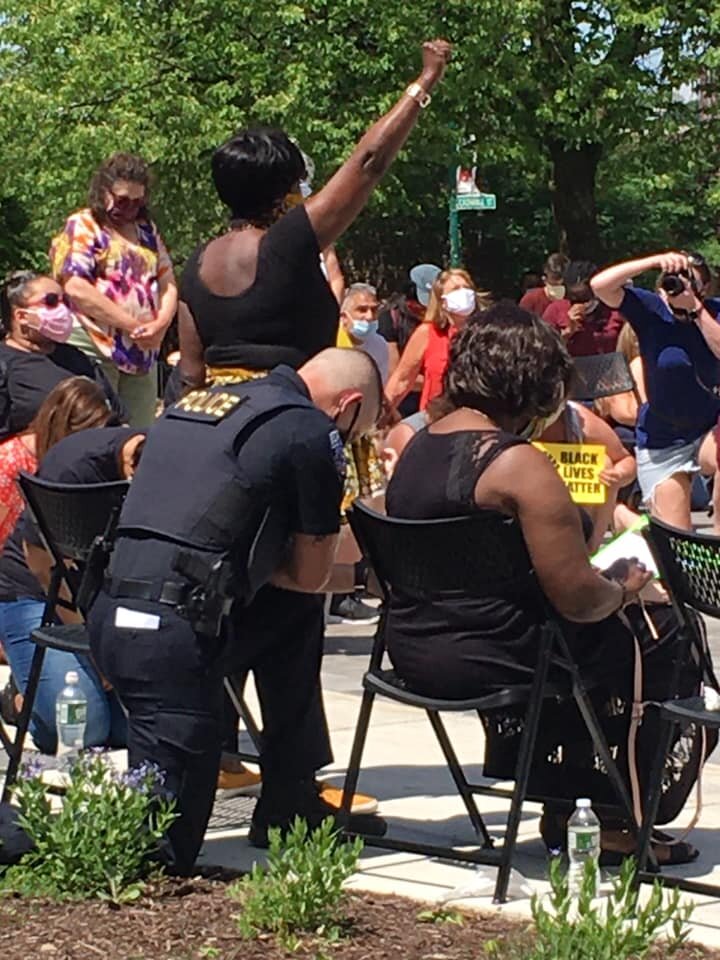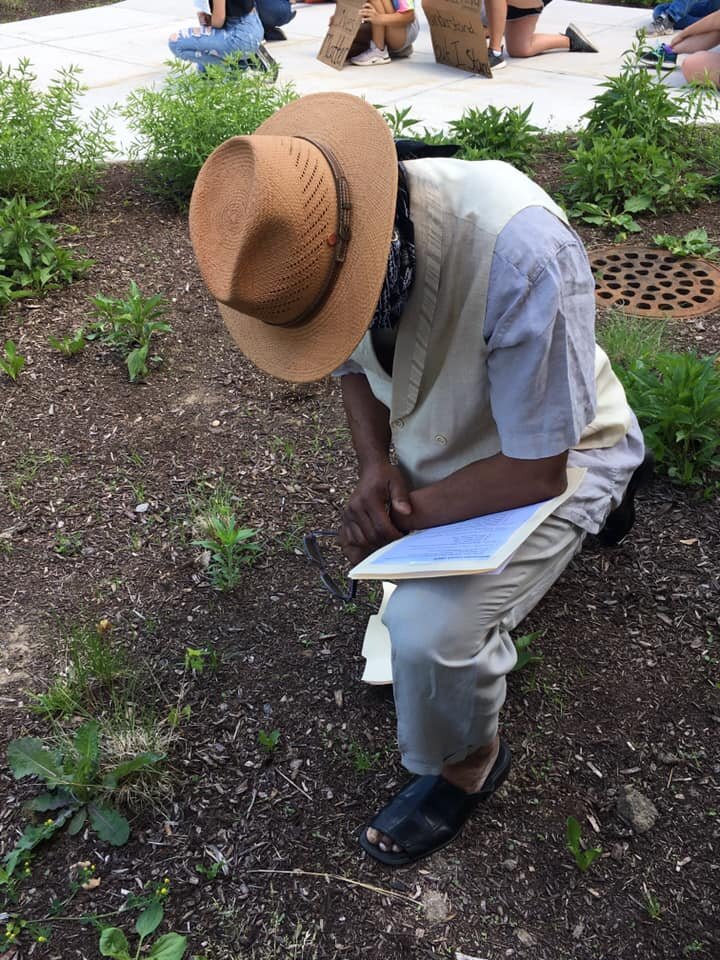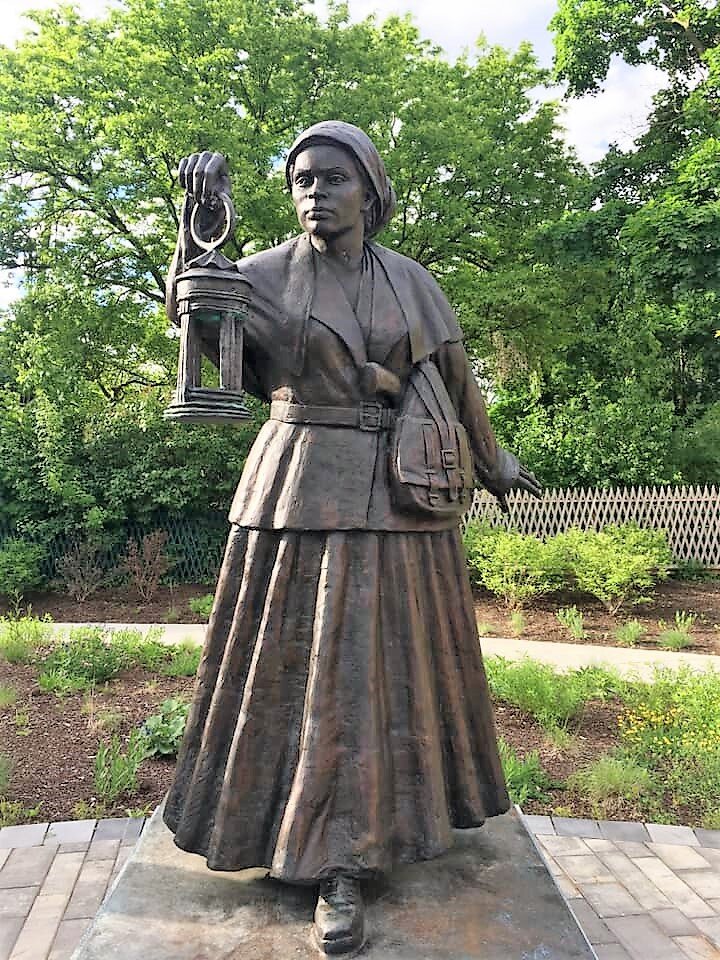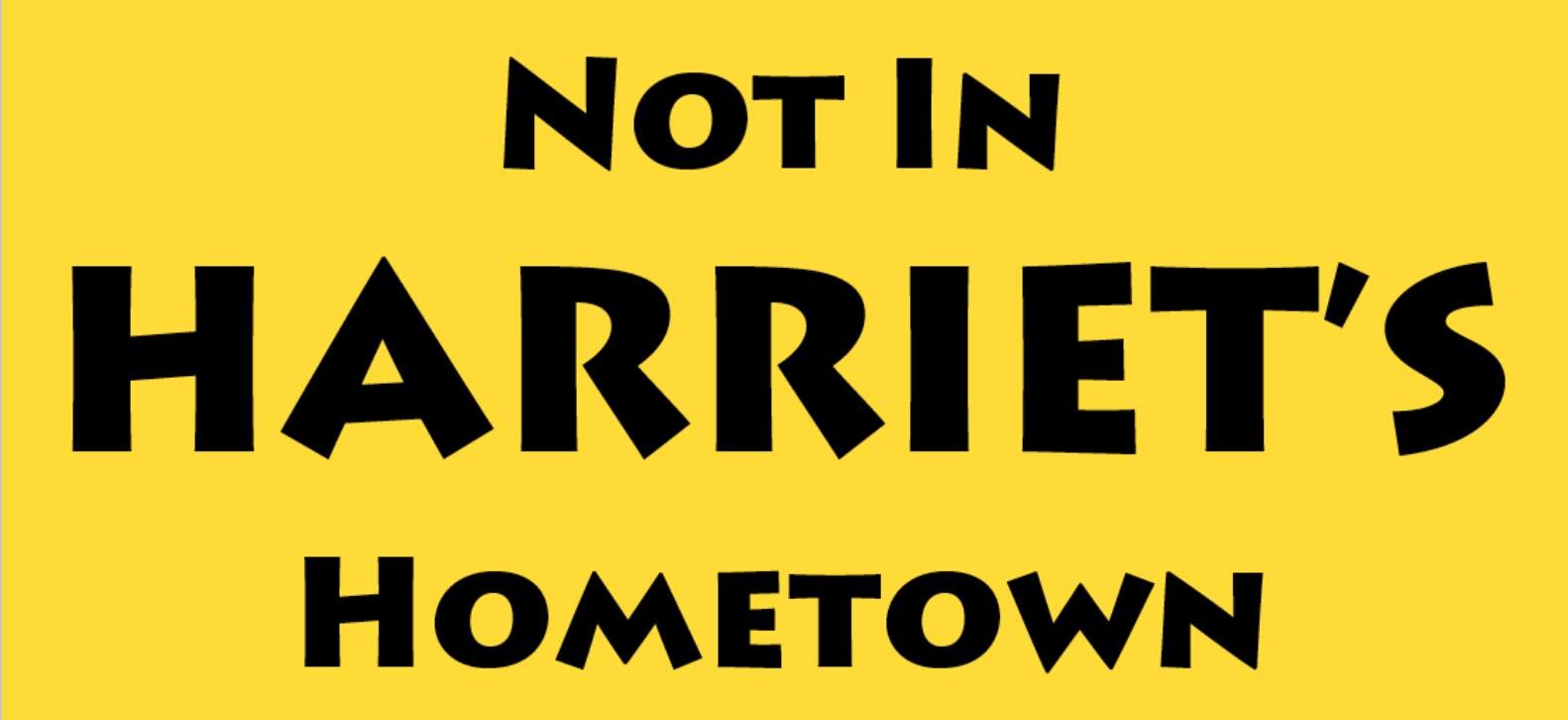William Berry Jr. Special to The Citizen, published in the Lake Life section, February 28, 2021
William Berry Jr. Special to The Citizen
In the end you’ll still be you
One that’s done all the things you set out to do ...
Stand
For the things you know are right
It’s the truth that the truth makes them so uptight ...
Sylvester Stewart’s group Sly & The Family Stone released their controversial album “Stand!” in 1969, a record considered a platform for activists who fought “the powers that be.” Twenty years later in the summer of 1989, Chuck D and Public Enemy released “Fight the Power,” a song that uplifted social justice aspirations.
As the 2021 national political landscape evolves, there remain reverberations of election fraud; questions about the safety of D.C. politicians; how best to ensure democracy; and the future of conservatism as political thought. While impeachable charges failed, the get out of jail trump card will soon erode. Someone, somewhere, somehow will bring a legal conviction to ensure that no one is above the law.
On the local level, national dilemmas shape our thinking and motivate a variety of actions that are adversarial to community well-being. As such, there are critical questions. Do we assess our local leaders and institutions based on what is done locally or task them with the burden of our national imprint? Are residents to burden local political leaders, law enforcement, community groups, or neighbors under an umbrella of national attitudes and events external to our community? Do we evaluate local folk on what they say or do, or wrap their actions into our national preconceptions?
'Willingness to change': Cayuga County orgs presenting Equity Challenge
As Auburn/Cayuga prepares for its Equity Challenge, residents will be able to contemplate social justice issues that illuminate inequities. We will be tasked to determine our “standing” on difficult issues, and in doing so may develop an enlightened understanding of community resources.
Celebrating 112 years, the NAACP continues to embrace its traditions with a lawsuit alleging the 45th president and his personal attorney collaborated with hate groups to thwart the work of elected officials, actions prohibited by the 1871 Civil Rights Act, commonly called the KKK Act. Our local branch, established in the '60s, works to confront discrimination while following the spirit of William Jackson, who served as branch president for 30 years.
The Auburn Human Rights Commission, a public agency, tackles discrimination in employment, education, housing, religion and public accommodation, and provides referrals for free legal services that pertain to housing, food stamps and social services. The HRC also presents public education programs.
The 1996 grassroots, nonprofit Harriet Tubman Center for Justice and Peace continues its decades-old work to address inequities through collaborations with community institutions. With a multicultural board, HTCJP remains focused on the central themes to empower, engage, educate. It continues to articulate “best practices” and provide pertinent analyses to formulate change. The agenda still addresses inadequacies in institutional direction that falls below equity standards. And they understand community drives such activities.
Dialogues, book discussions, demonstrations, bias training, equity challenges and law enforcement outreach are rooted in community participation. Along with faith-based leaders, Pauline Copes-Johnson, Melina Carnicelli, the Rev. Paul G. and Christine Carter, Gwen Webber-McLeod and others are emboldened by progressives who keep their eyes on the prize to achieve equity. Within this spirit of planned change, there are allied organizations.
The Harriet Tubman Boosters, founded around 1953, were reinvigorated by Fred Richardson in 2008. Laurel Ullyette became president in 2010 and Trixie Jupin assumed that role in 2020. The Boosters organized Auburn’s first symposium celebrating Tubman during her centennial and support “Harriet Was Here in My Backyard,” a seven-year songwriting program for fourth-graders at Genesee Elementary School. Their annual “Strawberry Stroll” and agenda to articulate Tubman's accomplishments after the Underground Railroad enhance community vitality. Later this year, HTB plans to install a Tubman mural on the side of the Nolan Building designed by a local African-American artist. And while all organizational and individual efforts are applauded, there is another institution that represents who we are as a thriving equity-driven community.
The Booker T. Washington Community Center, originally called The Colored Community Center, has been an integral Auburn institution since October 1927. It was founded through the work of Mrs. Lena M. Johnson and Mrs. Martin to benefit the welfare of African-Americans. BTW has become a gathering spot for all people to be aware of and involved in issues of societal importance while mentoring children toward future leadership. During and after World War II, from 1942 to 1948, Eleanor I. Hardy served as director of the center. In September 1944, The Citizen Advertiser, Auburn’s newspaper, stated, “Few cities the size of Auburn have a community center as well equipped and as popular as the well known BTW Community Center on Chapman Ave. Eleanor Hardy, Director, has become one of Auburn's well known civic workers."
Today, BTW faces funding obstacles even while continuing its six after-school program sites, a COVID-19 assistance program called EDUcare, and tripling the number of youths served during the past six years. The center recently completed the purchase of its property from the city of Auburn and maintains its commitment to empowering children and community through a variety of social and cultural programs.
It is apparent our community is well-positioned to establish a county-wide equity agenda. Our region is not a perfect place; no geographical area is as long as there are differences in opinions and personal outlooks on life. The hope is that those differences are grounded in fact and articulated in respectful dialogue, especially when placed in the public domain. Listening and hearing opposing views are just as important as voicing one’s opinion. Clearly, there is still a lot of work to do, and that is not a jaded assessment.
For too long, local institutions continue to look homogeneous. There is lip service to equity and diversity, and contrived plans to engage other people who have been historically ignored. However, current workforces remain aspirational and performative versus documented change.
Let’s get real. Homogeneity is limiting. It retards growth in individual attitudes, lifestyle choices and service to any client base. It limits global competitiveness for our children’s future careers. Elected officials, through their ability to apply governmental resources, must be joined by political party, business, community, nonprofit, social justice and faith-based leaders who need to up “their game.” There must be a more rigorous analysis of aspirational motivations, and organizations need to transition lofty intentions to measurable, transparent standards that seed change. Assessment of effort is critically important. And there are unexpected allies if we are willing to look.
Prince was a phenomenal songwriter and illustrious performer, evidenced by his memorable 2007 Miami Super Bowl performance in pouring rain. Most of his admirers may not know Prince was a social justice advocate, and enriched his political chops when he released his 2001 epic CD, “the rainbow children.” One song was the clarion call for activists and allies, “the work, pt.1”
I’m willing 2 do The Work
Willing 2 do what I gotta do
I’m willing 2 do The Work
Tell me now — what about u?
Our answer should be,
Stand.
William Berry Jr., of Auburn, is a retired senior-level university administrator with over 33 years of service at various institutions. He currently serves as a consultant on issues centering on equity, inclusion, diversity and retention-oriented customer service while continuing his stance as an activist scholar commenting on a variety of social justice issues. He publishes aaduna, a global, online multicultural literary and visual arts journal, and is current chair of the Auburn-based Harriet Tubman Center for Justice and Peace board. He can be reached at htcjpauburn@gmail.com.
